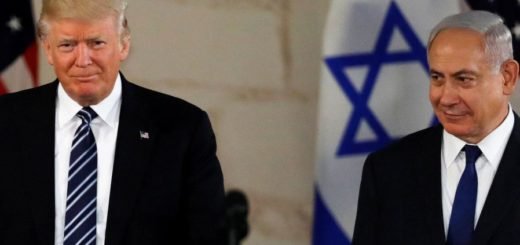Bahrain’s Fiscal Balance Programme: Major Gulf powers extend support

File Photo: Bahrain Flag/Getty
The finance ministers of multiple Gulf Countries declared officially on Wednesday that they would be extending their support to Bahrain’s financing needs after a session of review of its newly proposed fiscal balance program at a state meets in Manama.
The finance ministers from United Arab Emirates, Saudi Arabid, the State of Kuwait and the Kingdom of Bahrain met in the capital city of Bahrain to review the technical report, which contains a comprehensive fiscal balance program. The said report was the result of a culmination of efforts of all four countries who had together formed a joint working team that functioned in coordination with the Arab Monetary Fund.
In terms of Bahrain’s economic background, the Arabian Gulf’s smallest economy recorded a government budget deficit equal to 13.2 % of its Gross Domestic Product in 2017. The economy had averaged -3.9% from 2000 to 2017, with its highest at 5.10% in 2005 and -18.40 % at its record low in 2015. The main hope of the nation to rescue them from the deficit is their oil supplies. A large part of the economy still runs at the mercy of the oil markets, considering it still makes up a bulk of the country’s exports. Its financial service sector is its only sector that relieves them from the constant reliance on the oil market.
In fact, weak oil prices render the entire economy so vulnerable that it was estimated in the list of the top 68 countries who are most vulnerable to weak oil prices as per reports from Bank of America Merrill Lynch. There is also the hurdle of ever-increasing public debt with the figure standing at $24 billion in 2017. This is a matter of deep concern as, by real comparison, it accounts for 76% of the country’s gross domestic product.
However, Bahrain has one of the freest economies in the Middle East and is among the top ten freest economies in the world. It has even been recognized by the World Bank as a high-income economy. Yet, pertinent issues such as unemployment among the youth, depletion of oil and water resources stand as major long-term problems.
A statement from the multi-lateral meet in Manama declared that the ministers affirmed their respective countries’ commitment to extend support to the financial needs of Bahrain’s fiscal balance programme which also contain targeted indicators.
The Gulf Co-operation Council (GCC) members have been considering the approval of aid to Manama for more than a year now. This is in light due to foreign investors dumping Bahrain’s bonds on a noticeable level as reported by bankers and other Gulf authorities. Bahrain has been receiving different forms of aid from the three countries since2011. In late June, the countries revealed in an official statement that “all options” were being considered to support their fellow Gulf nation and to finalise the integrated aid programme, which was then yet to be announced.
*Rayan Bhattacharya is a Research Intern at The Kootneeti



















